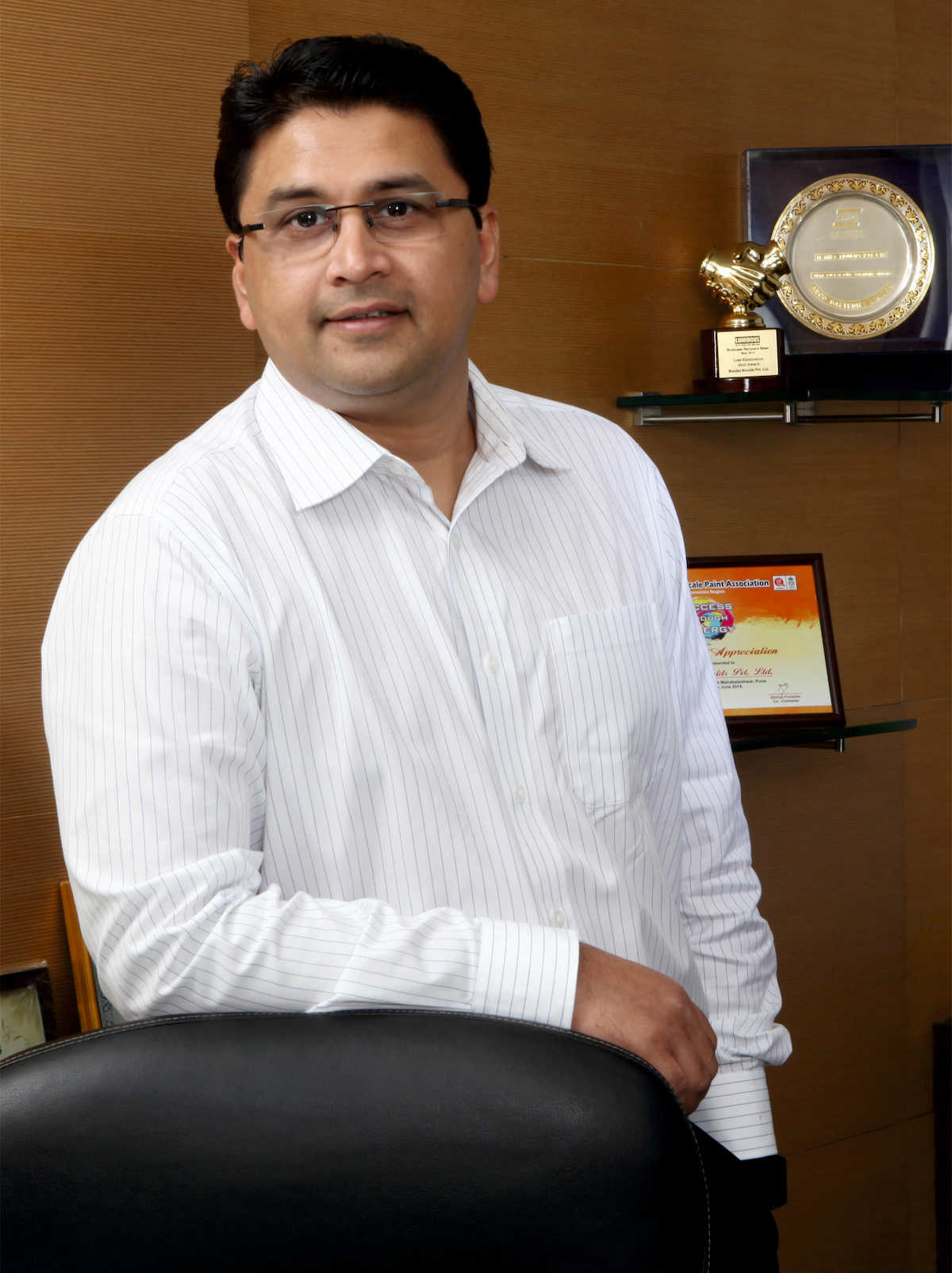Hidden under your car’s bonnet is a large plastic box that protects the object principally tasked with making your vehicle run: the battery. The majority of us give these plastic casings little thought, but without them our cars wouldn’t run. Mumbai-based manufacturing company Manika Moulds is an industry leader when it comes to creating these battery casings, along with casings for a range of other batteries such as those required by the telecommunications, railway and solar industries. CEO and Managing Director of Manika Moulds, Munjal Kapadia, has been around since the company was founded in 1999, and is proud of its evolution from a plastic processing unit to an organisation in specialised injection moulding.
Multiple manufacturing facilities across India
“The company started from scratch,” reflects Munjal. “For the first few years we were doing work for one company under a Memorandum of Understanding, and then in 2004 we diversified into a battery casings business.”

Over time, Manika Moulds has grown from operating one single machine, to having multiple manufacturing facilities across India.
The day-to-day operations of the company are managed by Munjal and two of his brothers — Mihir Kapadia and Pratik Kapadia. Together the trio has expanded the company considerably, with revenue growing year on year for the last 10 years. “With our new verticals of paint pails and automotive components also doing well we expect to achieve a topline of INR 500 crore in the next three years,” Munjal says.
Munjal attributes the company’s continual growth to its constant innovation and offering of new products, in addition to its proximity to clients. “We have recognised just how vital it is to be near our customers so that the supply chain can run smoothly,” explains Munjal. “The supply chain is a critical part of any large organisation, and we try to ensure we are always the preferred supplier.”
In addition to having a strong presence, Manika Moulds utilises the latest technology to ensure it remains at the industry’s fore. “All of our offices are linked in real time through SAP. As most of our customers also work on SAP, it is quite easy for us to streamline our operations. Things like production planning, dispatches and resource planning have become a lot simpler. “We are embracing the fourth industrial revolution in manufacturing technologies and I believe that digitisation and ‘smart factories’ will allow the company to monitor its machinery in real time to improve efficiencies. The more optimised you are, the more efficient you are, and so the more profitable you become.”
However, Munjal notes there’s still room for increased productivity measures, and he deems this to be a key area of focus. “We look forward to improving the digitisation of our sites. We aim to be using data analysis to give us a better understanding of how the moulds and machines are functioning and what, if any, downtime there is. All of this then helps us to improve our execution. We also want to concentrate on cost customisation to ensure we are always the preferred supplier. If we minimise our production costs, we can pass those savings straight onto our customers and stay competitive.”
One way Manika reduces its costs is by setting its factories up in tax-free areas. The plant in Dehradun receives an excise redemption, while the Silvassa facility has CST exemption. “We pass that benefit onto our customers,” Munjal says.
Another reason behind Manika Moulds competitiveness is its employees’ passion for customer service.
Reliability key to customer satisfaction
“Customer satisfaction is at the top of everything we do at Manika,” states Munjal. “We can deliver to our customers more reliably than any of our competitors. We have 4 plants spread across India which make similar products so there is never shortage of supply.”
To put this in context, Manika’s capacity for battery cases is at a total capacity of 18,000 tons, which is significantly large in comparison to its competitors.
The evidence that this customer-centric strategy has worked speaks for itself: “We started moulding in 2004–05, and we have retained most of our customers since inception. Many of our customers have been with us from day one.”
Expanding on this customer base year on year, Manika is moulding its future into something incredibly bright.



